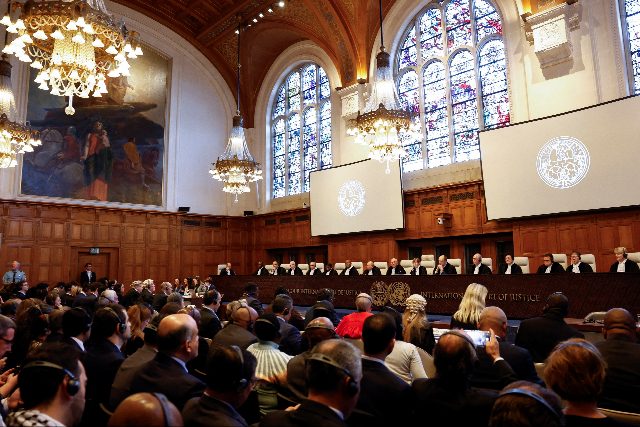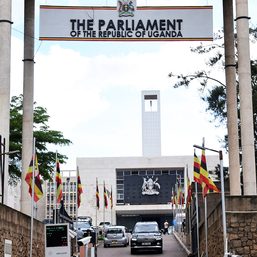SUMMARY
This is AI generated summarization, which may have errors. For context, always refer to the full article.

KAMPALA, Uganda – Uganda has distanced itself from an opinion written by a Ugandan judge on the International Court of Justice (ICJ) dissenting from the panel’s ruling in South Africa’s genocide case against Israel, and said the remarks do not reflect Uganda’s position.
Julia Sebutinde was the only judge on the 17-member ICJ panel to vote against all six measures adopted by the court in a ruling ordering Israel to take action to prevent acts of genocide as it fights Hamas militants in the Gaza Strip.
“The position taken by Judge Sebutinde is her own individual and independent opinion, and does not in any way reflect the position of the government of the republic of Uganda,” the government said in a statement issued late on Saturday, January 27.
It added that the east African country supported the position of the Non-Aligned Movement on the conflict that was adopted at its summit in the Ugandan capital this month.
That NAM position contained in a document issued at the end of the summit condemned Israel’s military campaign and killing of civilians and also called for an immediate ceasefire and unimpeded humanitarian access.
The movement was formed officially in 1961 by countries opposed to joining either of the two major Cold War-era military and political blocs. Many of the countries were newly independent from their colonial rulers.
Sebutinde was one of only two judges who issued dissenting judgements while 15 voted for the emergency measures which covered most of what South Africa had asked for in the case. – Rappler.com
Add a comment
How does this make you feel?









There are no comments yet. Add your comment to start the conversation.